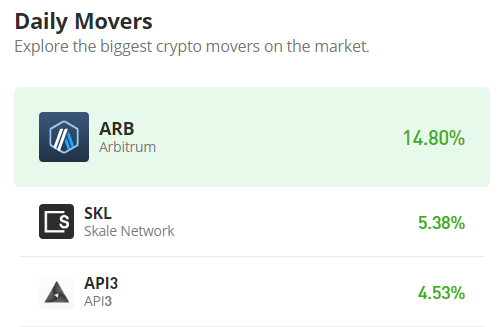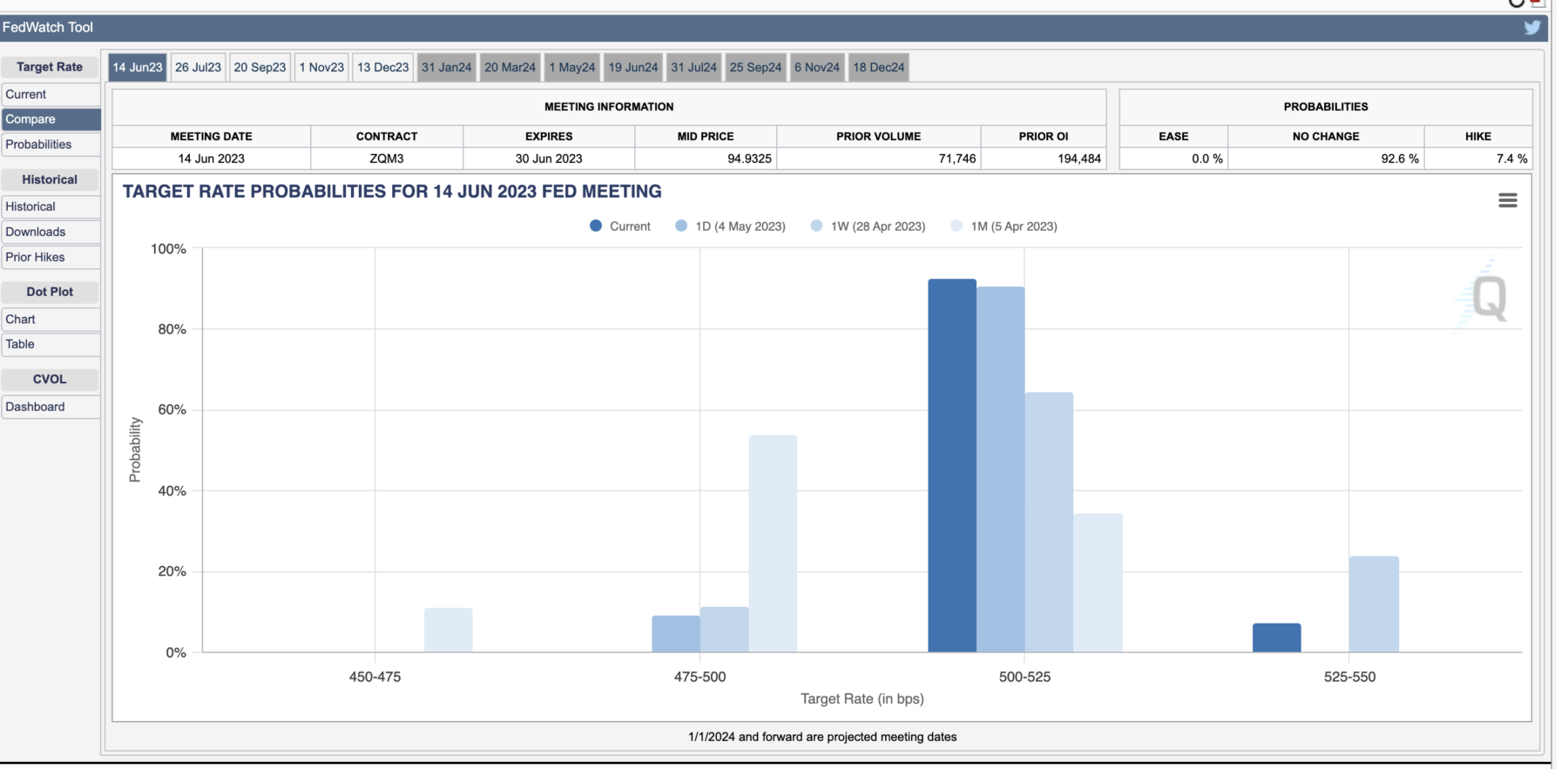MIAMI (AP) — Attorneys for a key ally of Venezuelan President Nicolas Maduro have filed a new motion seeking to dismiss federal money laundering charges, arguing again that he was illegally detained on U.S. orders while traveling as a diplomat to Iran.
Their second motion to dismiss, filed late Monday in Miami federal court, repeats many of the arguments previously raised by Alex Saab immediately following his June 2020 arrest in Cape Verde on a U.S. warrant.
But it contains new evidence — including a never before seen photo of Saab’s purported diplomatic passport — which his attorneys argue prove without a doubt that he was on a diplomatic mission when he was detained.
In their motion, Saab’s attorneys argue: “The facts show unequivocally that Mr. Saab was a Special Envoy to Iran on behalf of Venezuela, and the only remaining question is legal, not factual — namely: Was Mr. Saab entitled to diplomatic immunity when he was traveling to Iran? The answer to this question is indisputably ‘yes.’”
Prosecutors have disputed Saab’s diplomatic immunity defense, portraying the Colombian-born businessman as a bag man for Maduro who profiteered from state contracts at a time of widespread hunger in the South American country. The issue is expected to argued before Judge Robert Scola at a hearing scheduled for December.
Saab’s arrest was touted by the Trump administration as a major achievement in its campaign to unseat Maduro following his re-election in a 2018 vote marred by allegations of fraud.
Saab emerged as a go-to fixer for the socialist Maduro, negotiating important trade deals with allies Iran, Russia and Turkey as the U.S. slapped crushing oil sanctions on the OPEC nation.
The 50-year-old Saab is accused of paying bribes to siphon off $350 million from Venezuelan state contracts to build public housing. He faces a single count of conspiracy to commit money laundering punishable by up to 20 years in prison.
Among the more than 40 exhibits submitted along with the new motion are photos of Saab meeting with Iranian officials on a previous visit to the Islamic Republic. There are also numerous diplomatic notes sent by the governments of Iran and Venezuela — both under U.S. sanctions — to authorities in Cape Verde attesting to his purported diplomatic status.
Among those exhibits is also a photo of a Venezuelan diplomatic passport identifying Saab as a “special envoy.” The passport shows an issuance date as March 2019, almost a year after Venezuela’s government says he was appointed to the diplomatic post.
However, its expiration is shown as three months prior to Saab’s travels and appears not to have been with him at the time of his arrest.
Nor was a diplomatic passport mentioned in a letter protesting his arrest sent by then Venezuelan Foreign Minister Jorge Arreaza to Cape Verde. Instead Arreaza referred to Saab only as a “government agent” and identified him with a regular Venezuelan passport bearing a different number.
Saab’s attorneys argue that only a diplomat working on behalf of Venezuela’s government would have been entrusted with the sensitive mission of traveling to Iran and negotiating strategic trade deals.
They point to a number of documents that Saab was purportedly carrying at the time of his arrest, including a letter from Maduro to Iran’s supreme leader and authorization from the Venezuelan central bank to export 80 gold bars worth $53 million that he intended to use to purchase badly needed fuel from Iran.
“Mr. Saab’s diplomatic, humanitarian mission remains interrupted,” the lawyers contend.
___
Joshua Goodman on Twitter: @APJoshGoodman
















